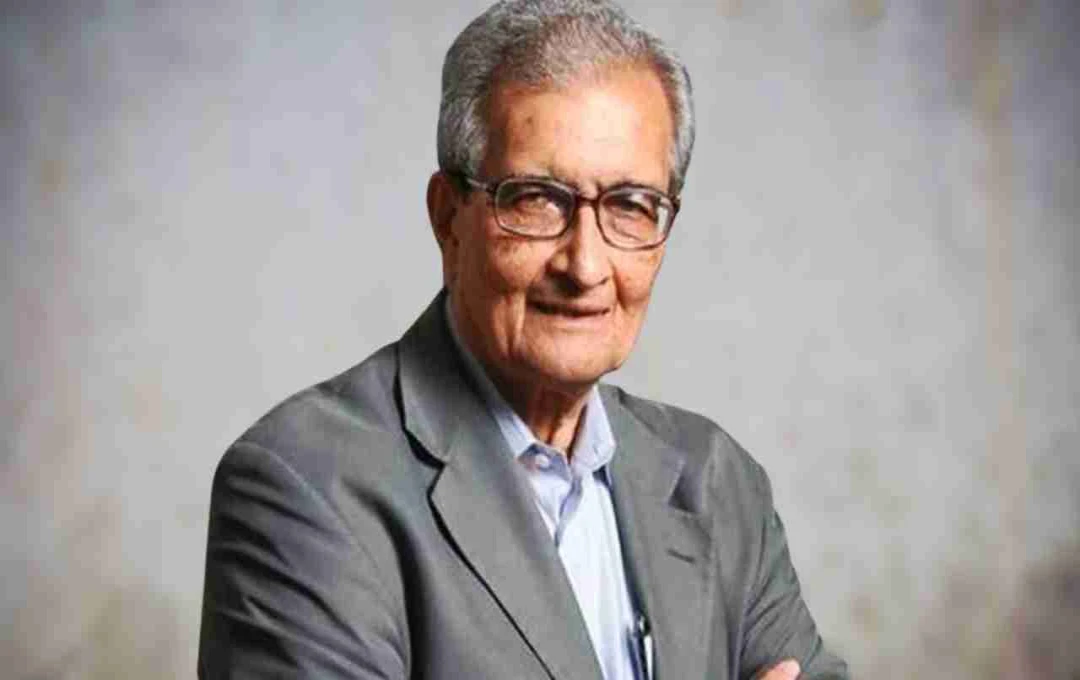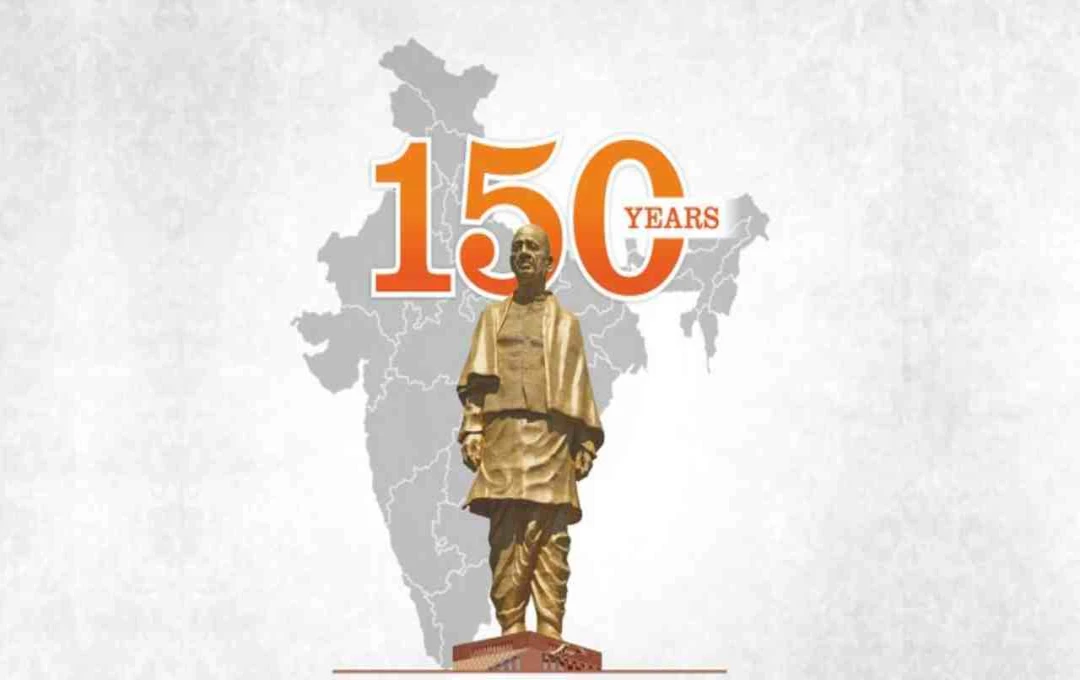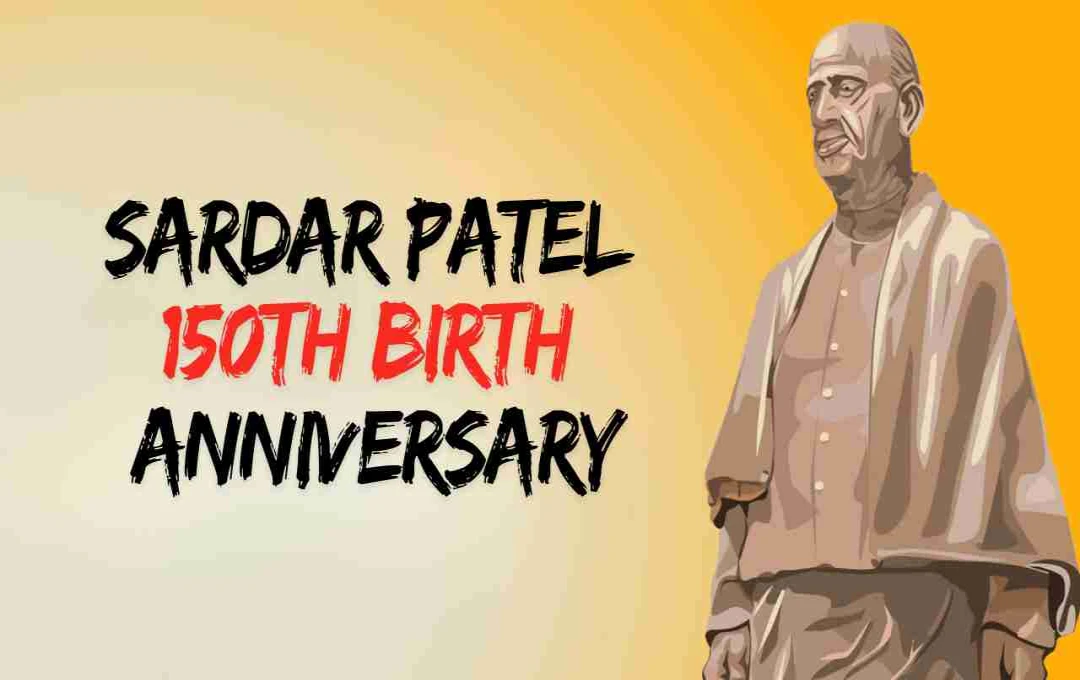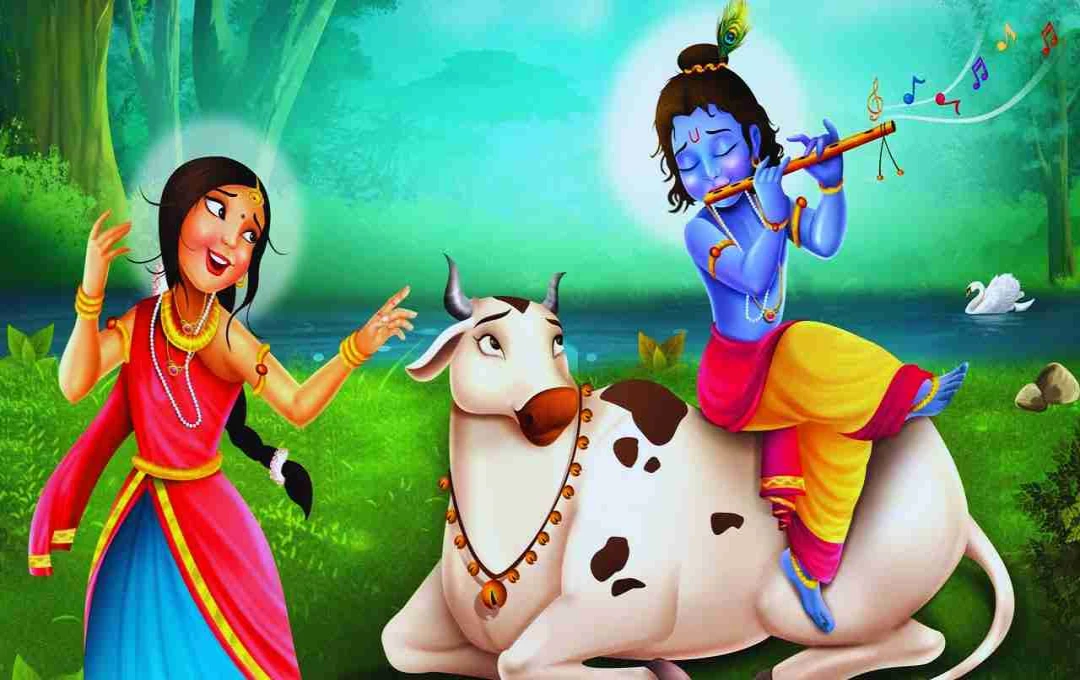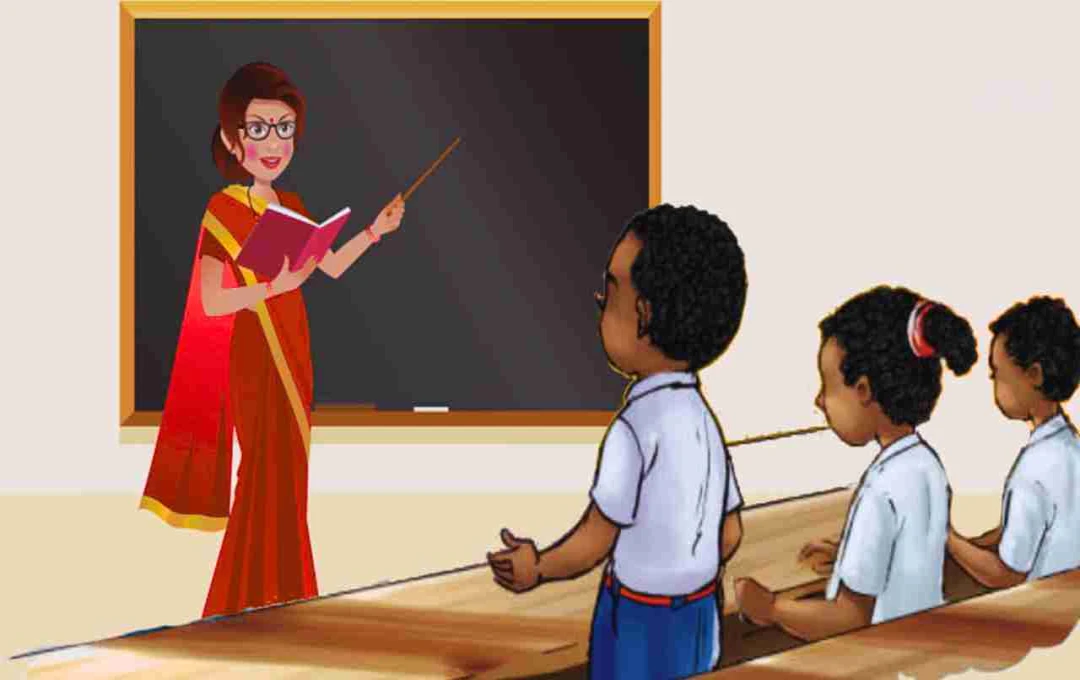Amartya Sen's name prominently features in any discussion of India's great thinkers and intellectuals. He is not only a distinguished economist but also a staunch advocate for humanity, justice, and social equality, whose principles and ideas have reshaped global discourse. Honored with the Nobel Prize in 1998 and the Bharat Ratna in 1999, Amartya Sen's life and work serve as a constant source of inspiration.
Early Life and Education
Amartya Sen was born on November 3, 1933, in Manikganj (now in Bangladesh), in then British India. He was named 'Amartya' (immortal) by Rabindranath Tagore himself. His father, Ashutosh Sen, was a professor of chemistry at Dhaka University, and his mother, Amita Sen, was the daughter of the renowned scholar Kshitimohan Sen. Sen completed his higher education at Santiniketan, Presidency College, and Trinity College, Cambridge University.
A tragic childhood experience—the death of a poor Muslim man named Kader Mia due to communal violence— instilled in him a deep sense of human empathy and concern for economic inequality. This event formed the foundation of his perspective on social justice.
Teaching and Global Contributions
Amartya Sen began his career as a teacher at Jadavpur University. He later served as a professor and researcher at world-renowned institutions such as the Delhi School of Economics, Oxford, Cambridge, Harvard, and MIT.
At the Delhi School of Economics, he worked alongside scholars like Manmohan Singh, K.N. Raj, and Jagdish Bhagwati. Since 1987, he has held the Thomas W. Lamont University Professorship at Harvard University.
Ideas and Theories
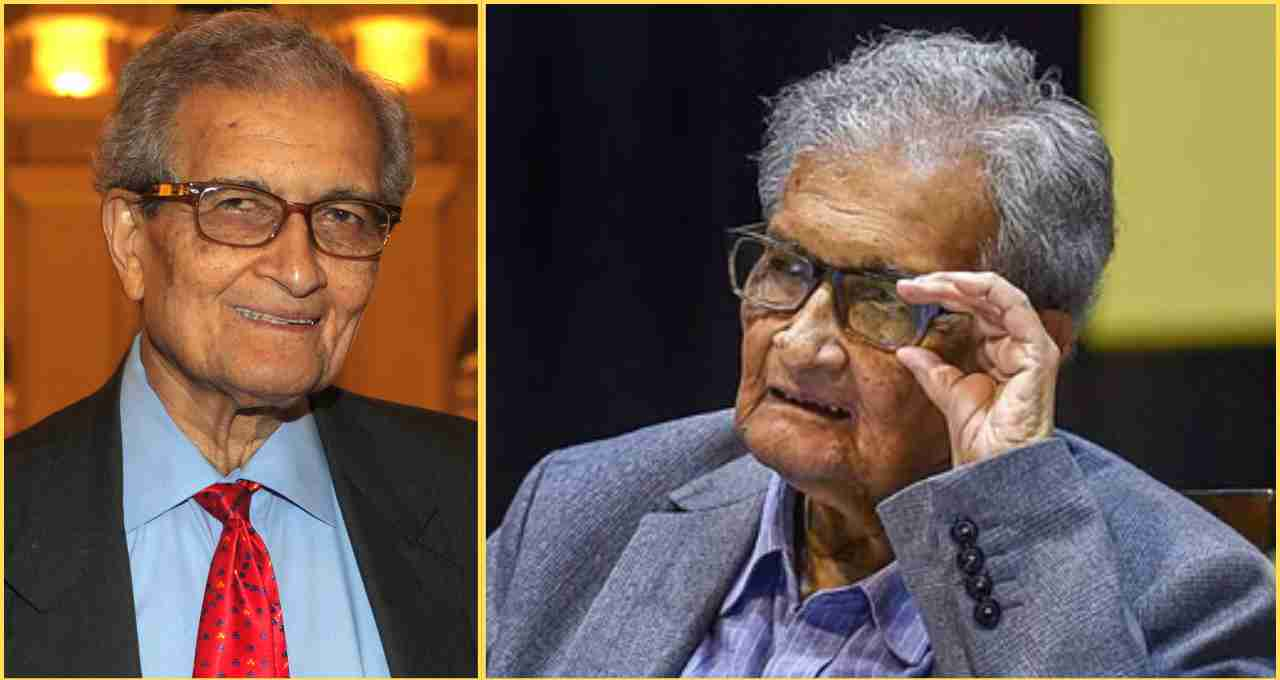
Amartya Sen viewed economics not merely as the calculation of figures but as intrinsically linked to human development and social justice. His most prominent concept is the 'Capability Approach,' where he argues that true development empowers individuals to improve their lives.
In his book, 'Poverty and Famines' (1981), he demonstrated that famines are not solely caused by food shortages but also by political and social inequalities. Using the example of the 1943 Bengal famine, he explained how the lack of wage increases for poor laborers prevented them from purchasing expensive food, leading to starvation deaths.
Human Rights and Equality
His 1979 essay, 'Whose Equality?', challenged policymakers worldwide to consider that equality entails not just the distribution of resources but also equal opportunities. Sen believes that simply granting 'rights' is insufficient unless ordinary citizens have access to transportation to reach polling stations, education, and healthcare.
In his 1990 essay, 'More than 100 million women are missing,' he highlighted the discrimination against women in Asian countries, demonstrating how gender-based discrimination impacts mortality rates.
A New Perspective on Freedom
His 1999 book, 'Development as Freedom,' redefined the very meaning of development. He argued that true development is one that grants people freedom in political, social, economic, transparent and secure spheres. According to Sen, these five freedoms are interconnected, and one is incomplete without the others.
Nalanda University and Culture

Amartya Sen played a crucial role in the reconstruction of Nalanda University, aiming to modernize India's ancient knowledge traditions. He served as its first chancellor, connecting scholars from around the world to the project. He not only established the university as a center of learning but also contributed significantly to its global recognition. However, due to subsequent political interventions and disagreements, he declined to serve a second term as chancellor.
Thoughts on Justice
His 2009 book, 'The Idea of Justice,' challenged John Rawls's conception of justice and presented a model where justice is assessed based on people's actual circumstances and capabilities. He believes that justice should not only address ideal situations but also the realities of what people experience.
Personal Life and Values
Amartya Sen's personal life is equally inspiring. He has been married three times and has four children involved in journalism, acting, music, and literature. While not adhering to any religious tradition, he demonstrates a deep commitment to human ethics and social values.
Amartya Sen is more than a Nobel laureate economist; he is a great figure who has viewed humanity, justice, and development from a novel perspective. He has proven that true economics empowers individuals with dignity, opportunity, and rights. His life and ideas continue to guide policy and thought around the world.
